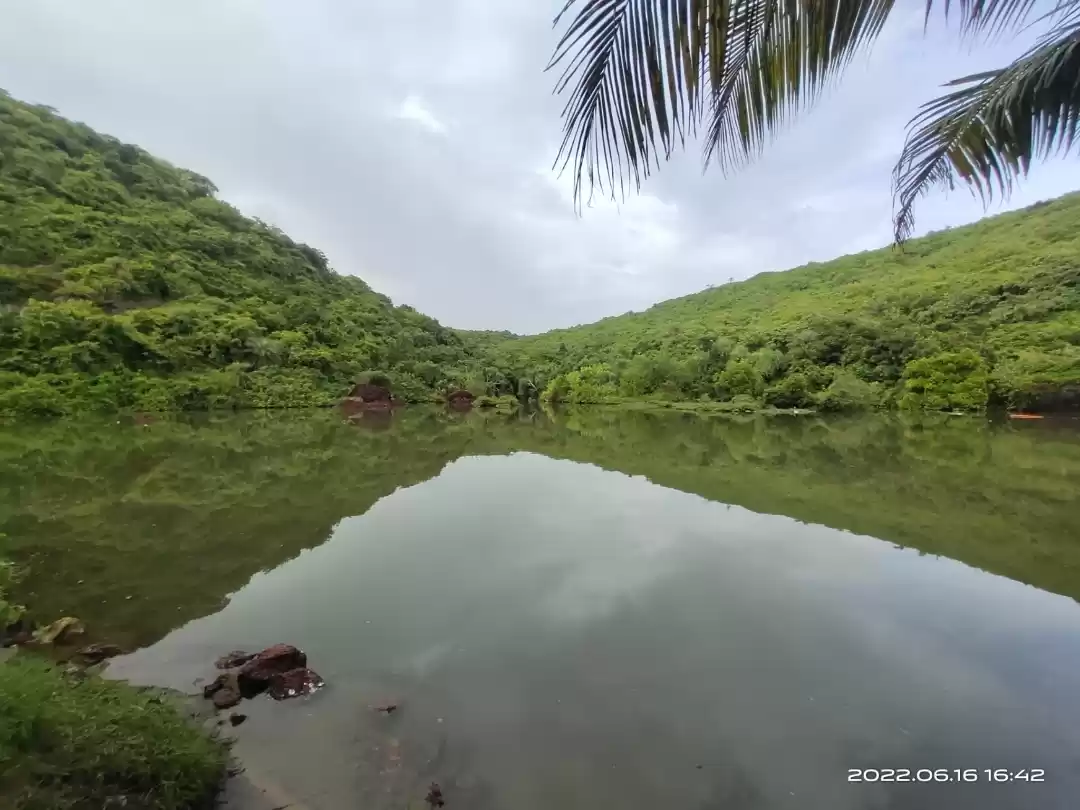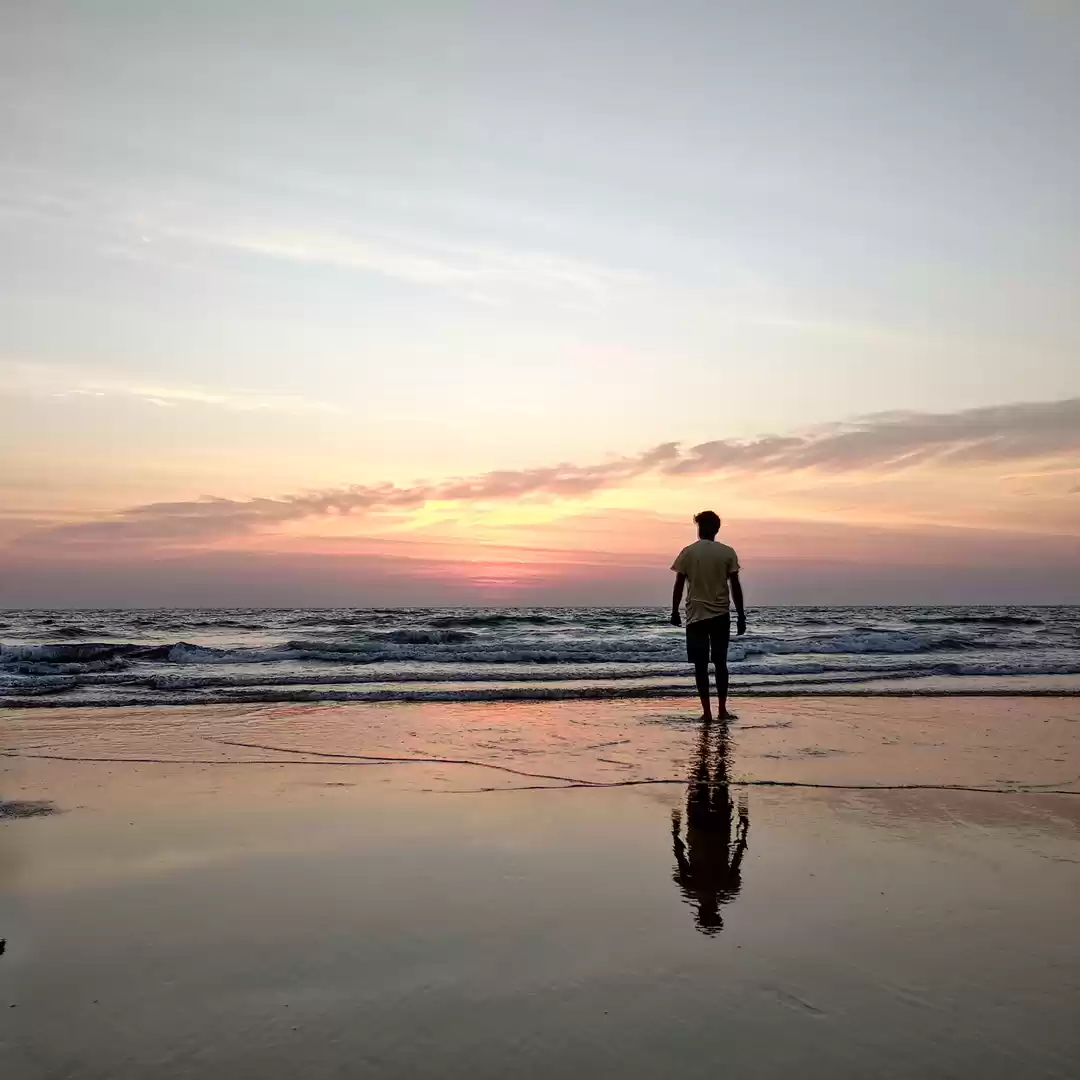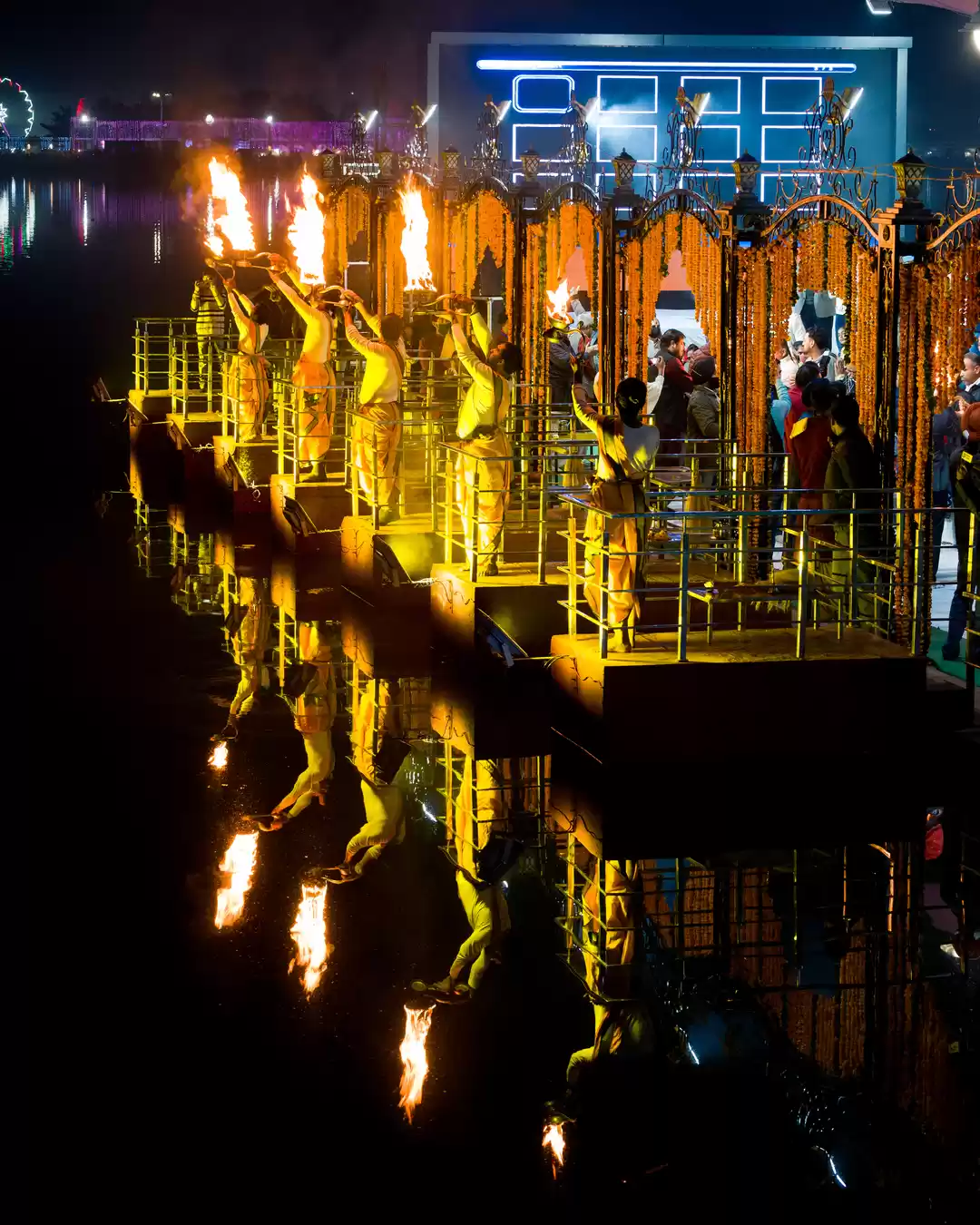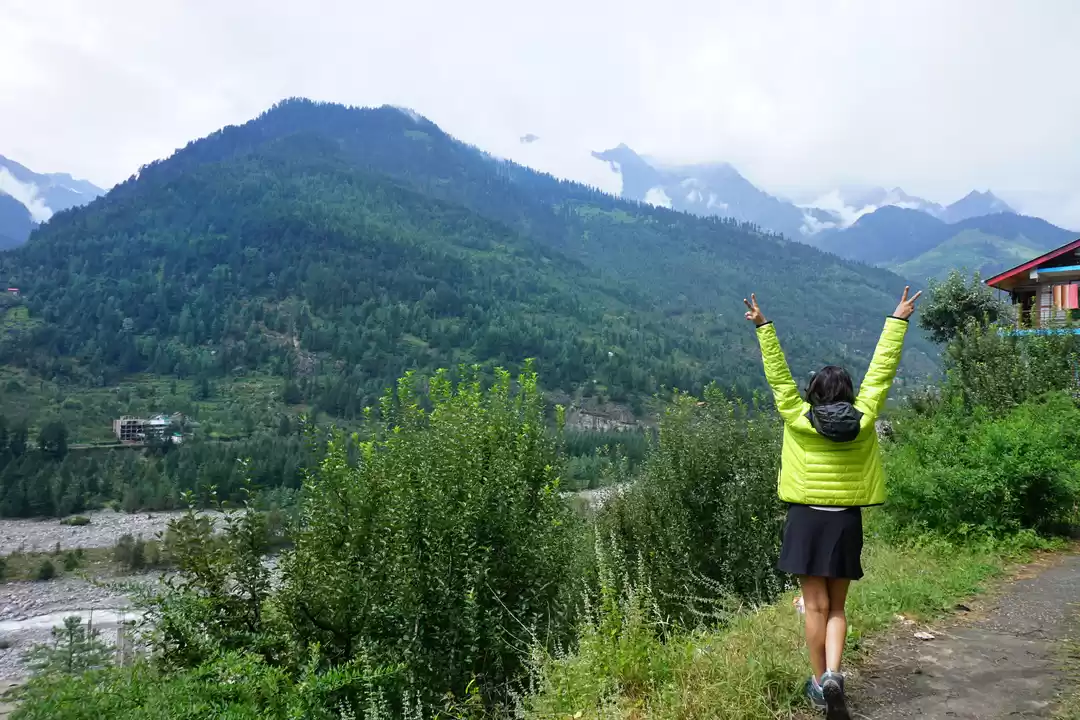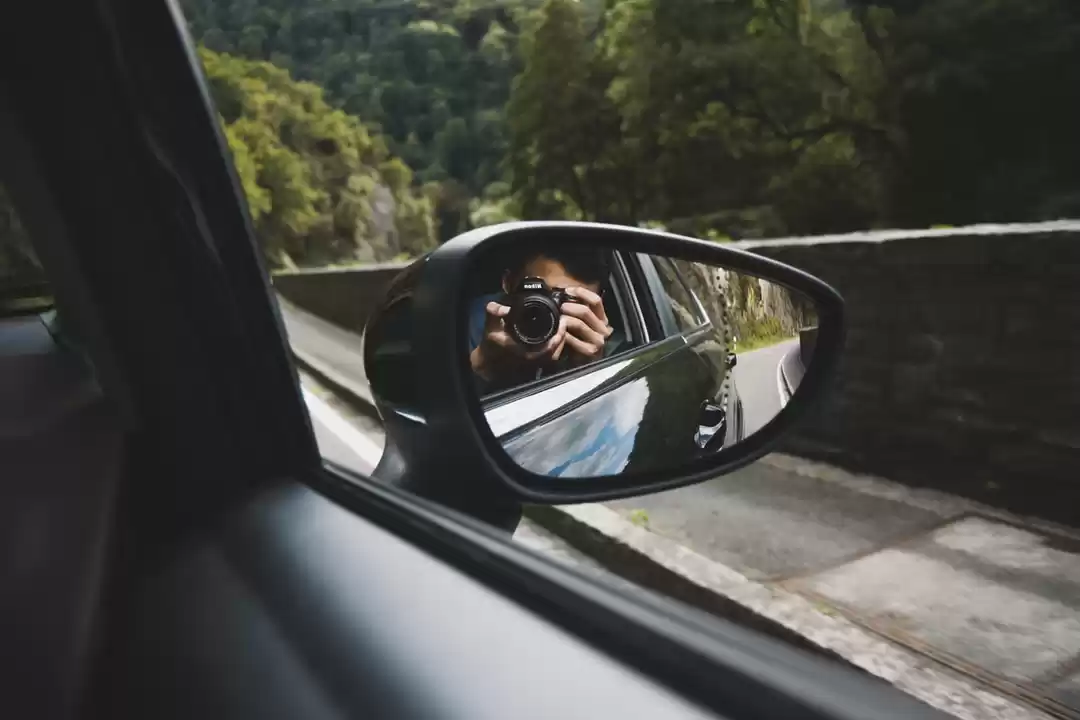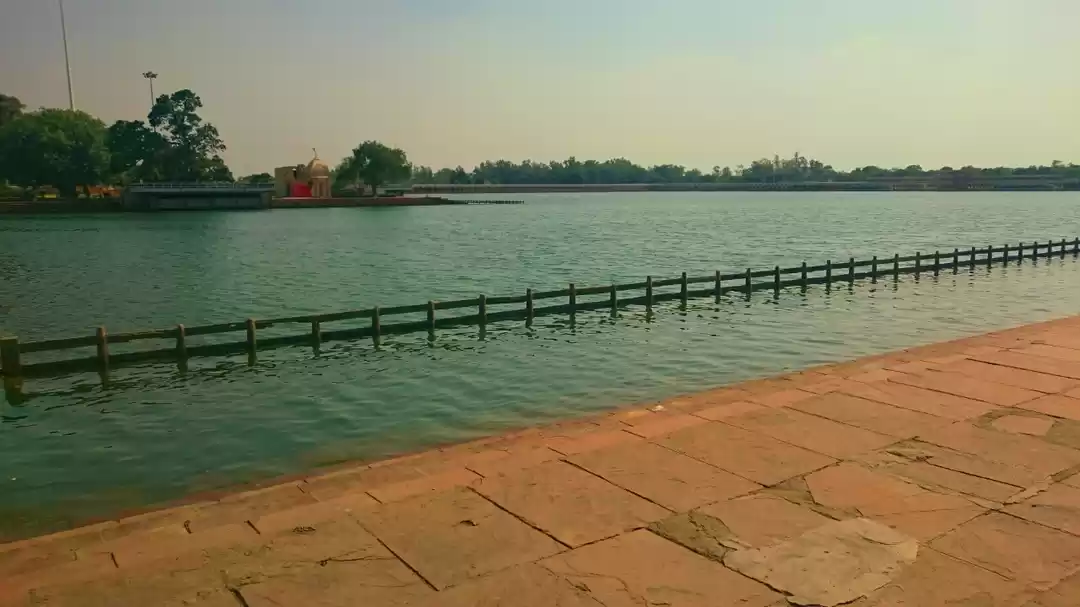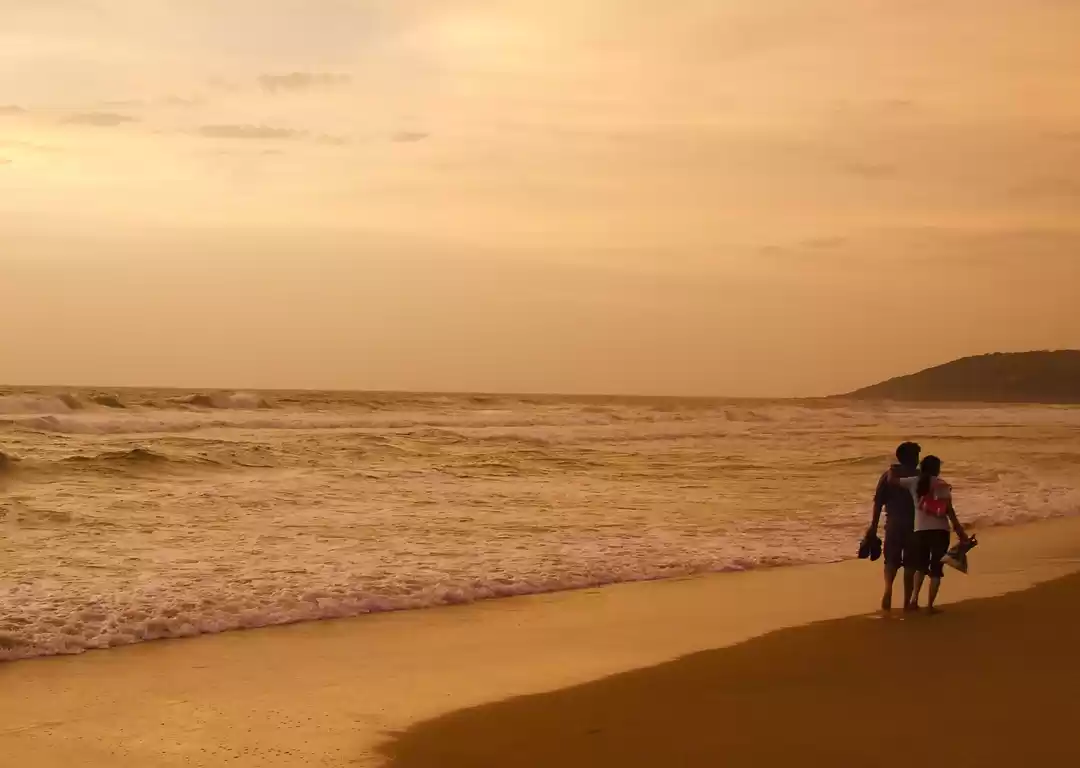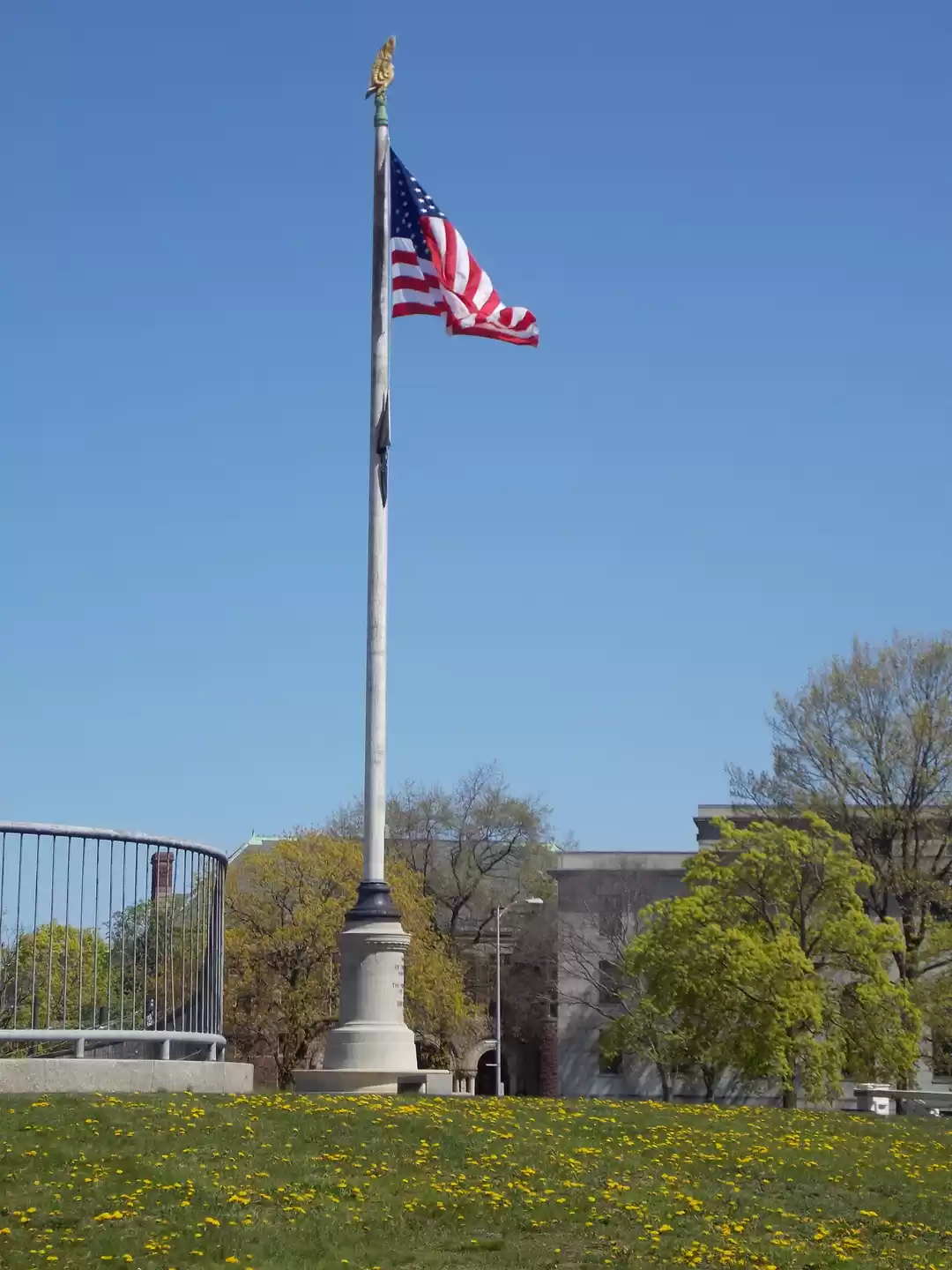
What people say – “Wow! You went on a month-long solo trip to Europe?! Fantastic, my friend! I wish I could do that too sometime.”
What they mean – “Wow! How does he get a whole month off?! Must be unemployed right now. What a waste of time, money, and life.”
First things first. I don’t blame you for having uttered and meant the same for anyone in the past. The fault, dear Brutus, is not in ourselves but in our society, in this case. This is how we have been conditioned since we took our first breath. Societal norms in our country have always frowned upon travelling because it is strictly labelled as a form of leisure. And leisure, as we all know, is sinful.
According to Hinduism, there are four ashramas (stages) in which human life is divided – Brahmacharya (student), Grihastha (householder), Vanprastha (retirement), and Sannyasa (renunciation). Although practically, very few people still follow the theory of ashramas in real life, but the subliminal ideologies have unfailingly trickled down the generations in the form of teachings and folklores influencing contemporary human behaviour and etiquette. So the lines between two ashramas might have blurred, but there are still many traits that are considered strictly “disastrous”.
Leisure is one of the biggest of those disastrous traits, and travelling is considered to be a definite manifestation of this sin. Forget your friends and extended relatives, it’s usually your own biological parents who display the most disdain towards your wanderlust. If you’re a traveller, I'm sure you can empathise. It’s funny how parents take complete care of every materialistic thing that their offspring has even a remote affinity to, but totally fail to understand if you declare the urge to go travelling every once in a while. After all, isn’t it travel that makes their child happy? Shouldn’t they give in to this demand as well, going by the earlier logic.
To this, one might suddenly cry out loud saying that the reason parents forbid their children from travelling much is because of the compromised safety on the road. Well, to that, there’s always a counter argument on how their adult children are actually old enough to sense the animosity in the surroundings, if any. After the first couple of trips their child takes in their recent memory, the request for a third one will be met with an immediate refusal without further discussion. The reason for the rejection, you would then understand, is not merely your “safety” but the age-old log kya kahenge syndrome. Parents do not want their child to be perceived as a worthless, unemployed human being by everyone in the neighbourhood and extended family. For them, social stigma is a far bigger fear than safety.
Just as is true in any other case, the concept of travelling has also suffered courtesy of a handful of elements. It has increasingly been associated with drugs, sex, “hippies”, joblessness and a wish to relinquish all worldly desires. This, as any avid traveller would tell you, is grossly untrue. Travelling may or may not involve all these, and even if it does it is in minor quantities for most. A normal human goes out of his own city to forget about the usual drudgeries of life, and that’s precisely what it is. Whether he goes out for a weekend, a week, a month, or even for a whole year, all he is looking for is a change, albeit in different intensities, for causes known to him and him alone.
Our culture is chiselled by the mythologists and leaders according to their own convenience. I say this because if our past is supposed to be taken into complete consideration for our present, then travelling is, in fact, good for us. There are several virtues associated with the annual trip, or teerth as the holy men prefer to call it.
Contemporary travel is equivalent to the teerth from the yore
Referencing our greatest scripture – The Mahabharata – whenever someone was undergoing a phase of self-doubt, he was recommended to travel in order to find peace and the actual meaning of life; case in point, Pandu, the father of the Pandavas. Whenever there was an unavoidable great calamity upon someone in the near future, he was recommended to travel in order to renounce his impending sins in advance; case in point - All the Pandavas (except Arjuna) were asked by Ved Vyasa to go on a prolonged pilgrimage to holy sites all across the country just before the great battle. Sometimes, people even went to pilgrimages to avoid committing any sins; case in point, Baldeva, an elder cousin of Krishna, decided to not be a part of the great battle at all preferring to go on a long pilgrimage instead. The most contemporarily-relevant deed associated with travelling was in fact undertaken by none other than Arjuna himself. On behest of Ved Vyasa and Indra, Arjuna undertook a long journey to attain all the celestial weapons and talents required to be amply armed for the great battle. Even then, travelling was understood to be the most important aspect needed to be prepared for something greater than usual.
It is necessary to take time off the mundane in order to achieve the extraordinary. And travelling fends for it well.
There is a singular, most important reason why Arambol is my favourite beach in the whole of Goa. Whenever I’ve gone there, I have ended up meeting and having profound discussions with intellectuals who were on long quests of discovery. These intellectuals hailed from either Europe or Russia, were either painters or novelists, and most of them had been staying at Arambol for the past couple of months. This was their gestation period to create their next masterpiece. Whether it was a novel or a canvas they were creating, they needed to get out of their usual surroundings and search for an alternative in order to be able to think without a worry. Arambol made for a fantastic peaceful retreat helping them live better and hence imagine out of the ordinary.
So the next time somebody asks you why you are going on a journey, you ask them why not. Travelling is sanctimonious activity, far purer than mechanical idol worship and far more productive than the “brainstorming” at workplaces. Travelling is needed for the spiritual upliftment of the mind and soul since it is impossible to be empathetic sitting in just a cubicle all the time for monetary reasons. Travelling is not a void, but what fills it up. Travelling is not a redundant part of life, but life itself.
Do you also feel that travelling is necessary? Or am I way off mark? Share your thoughts with the Tripoto community and inspire them!



